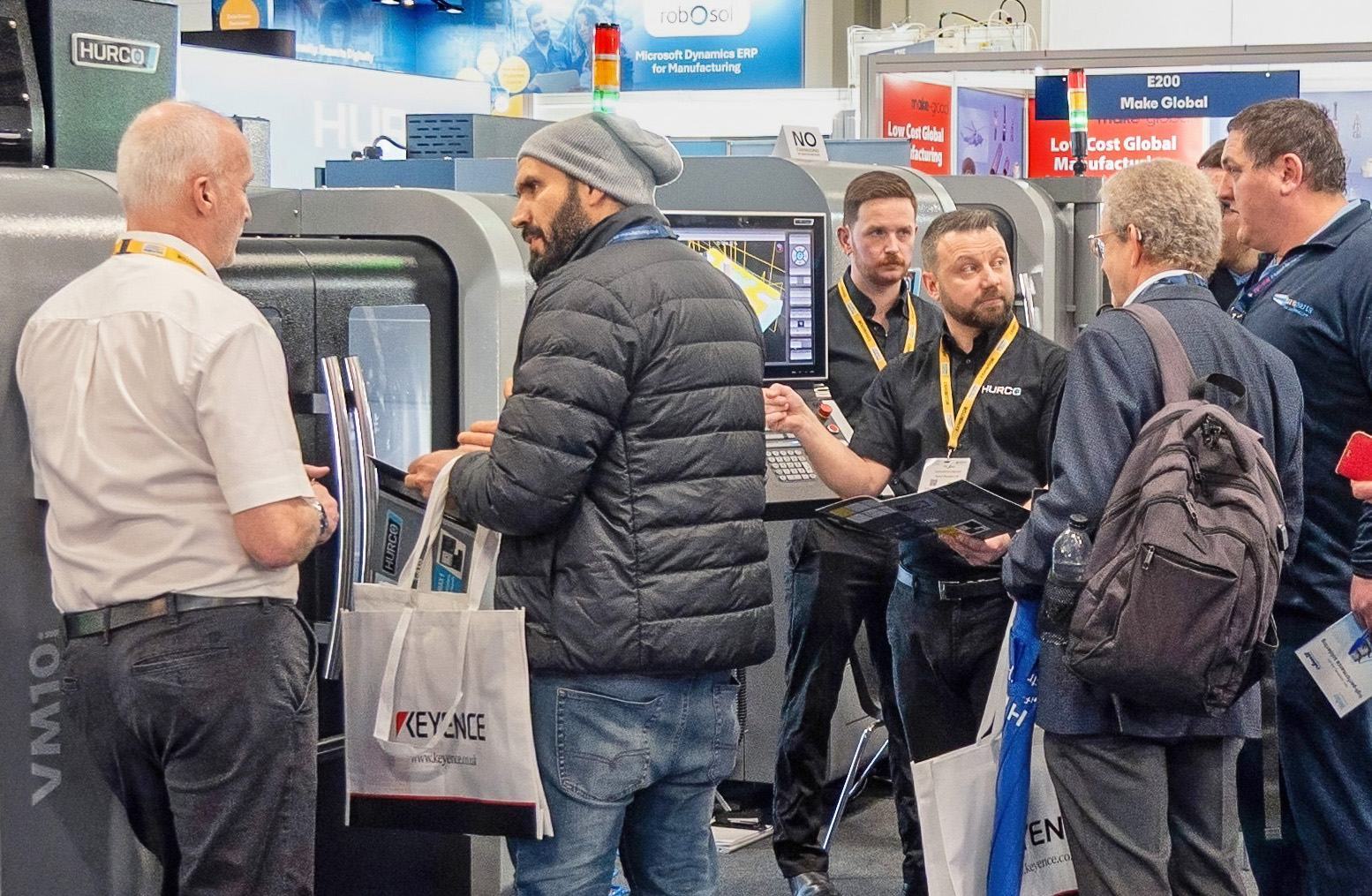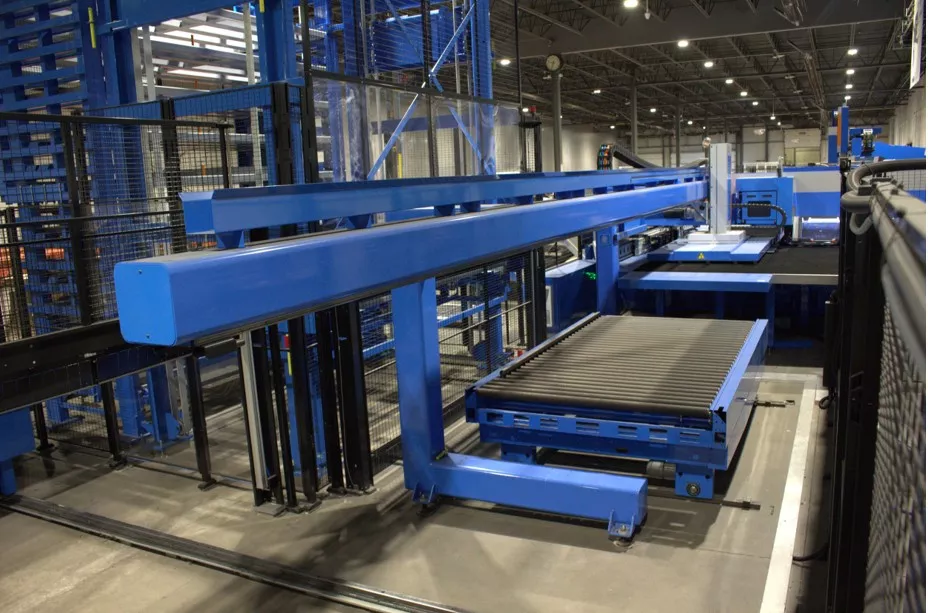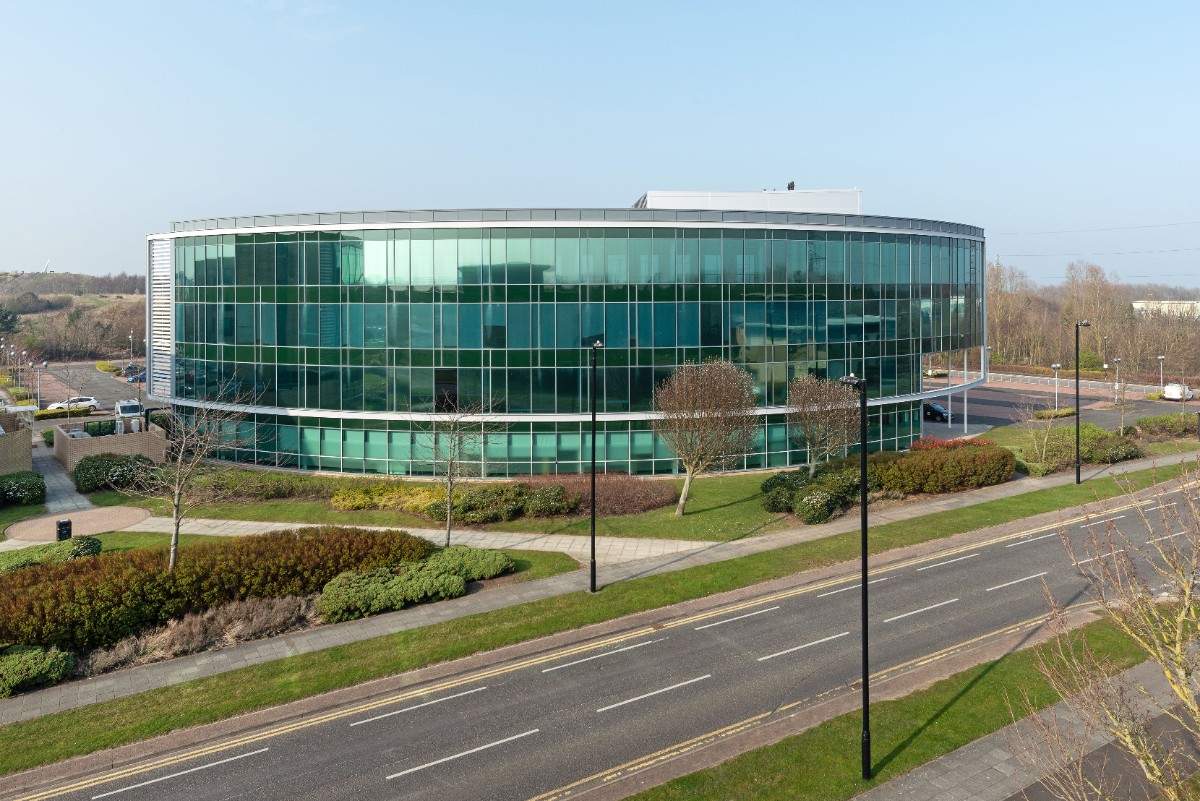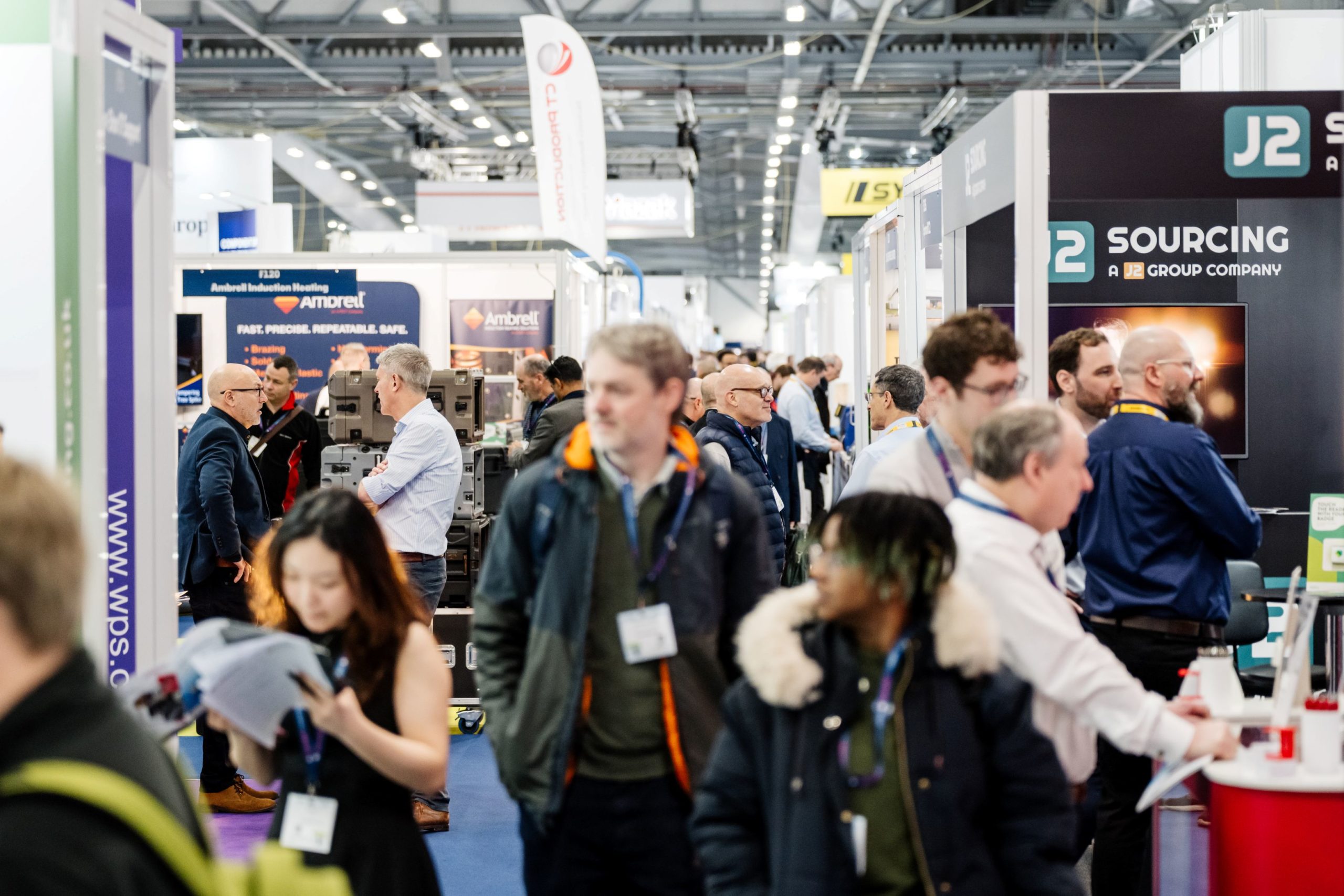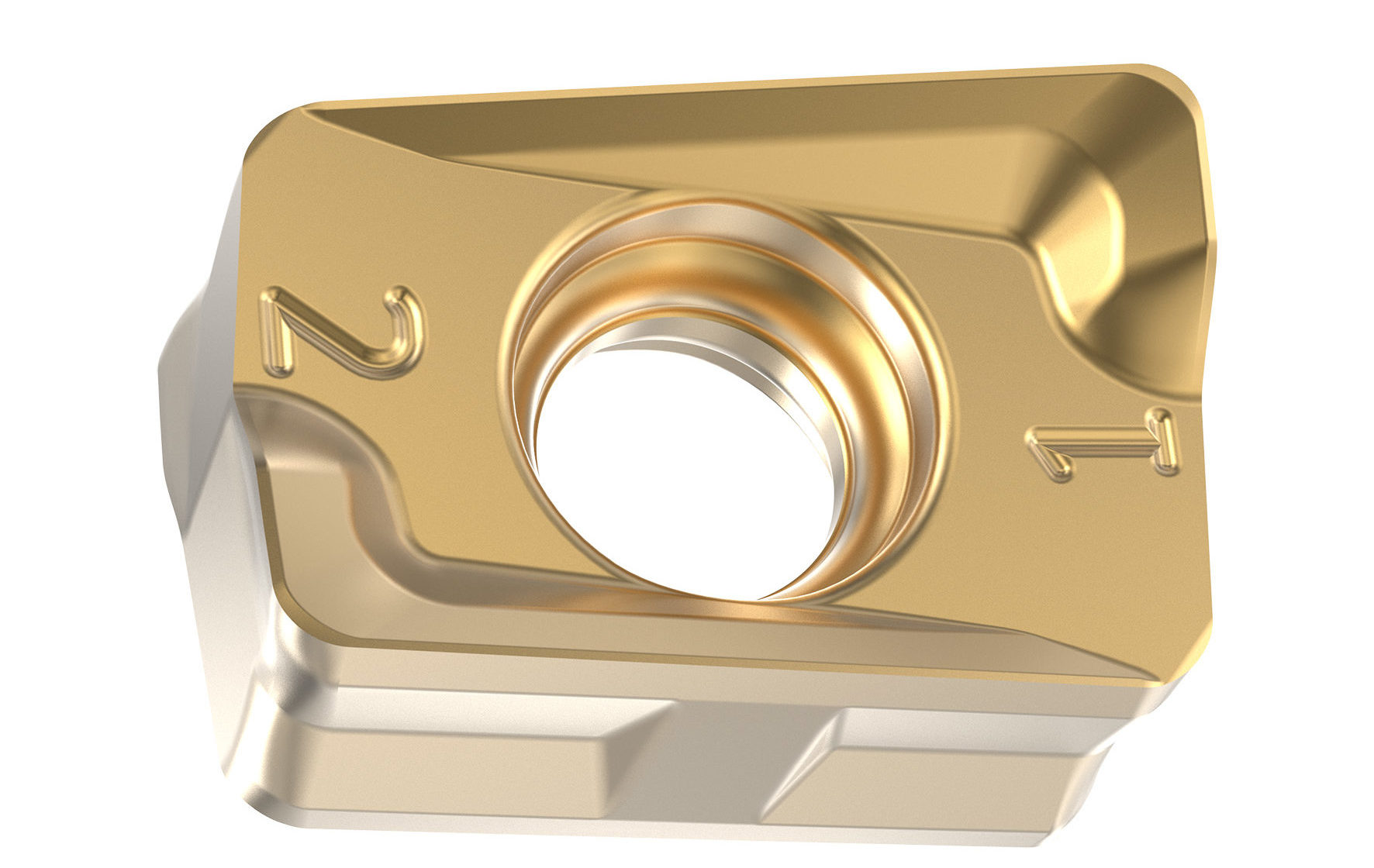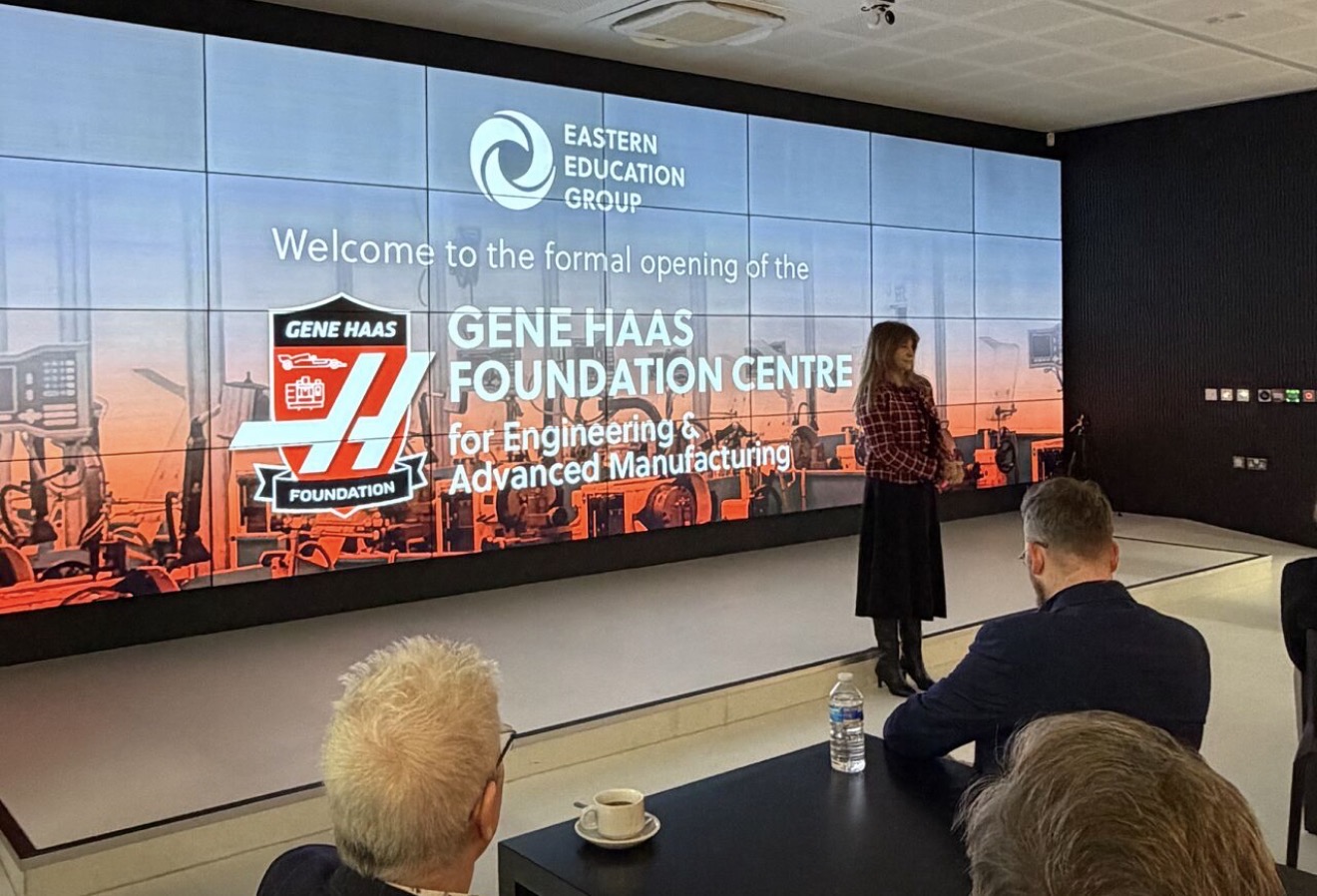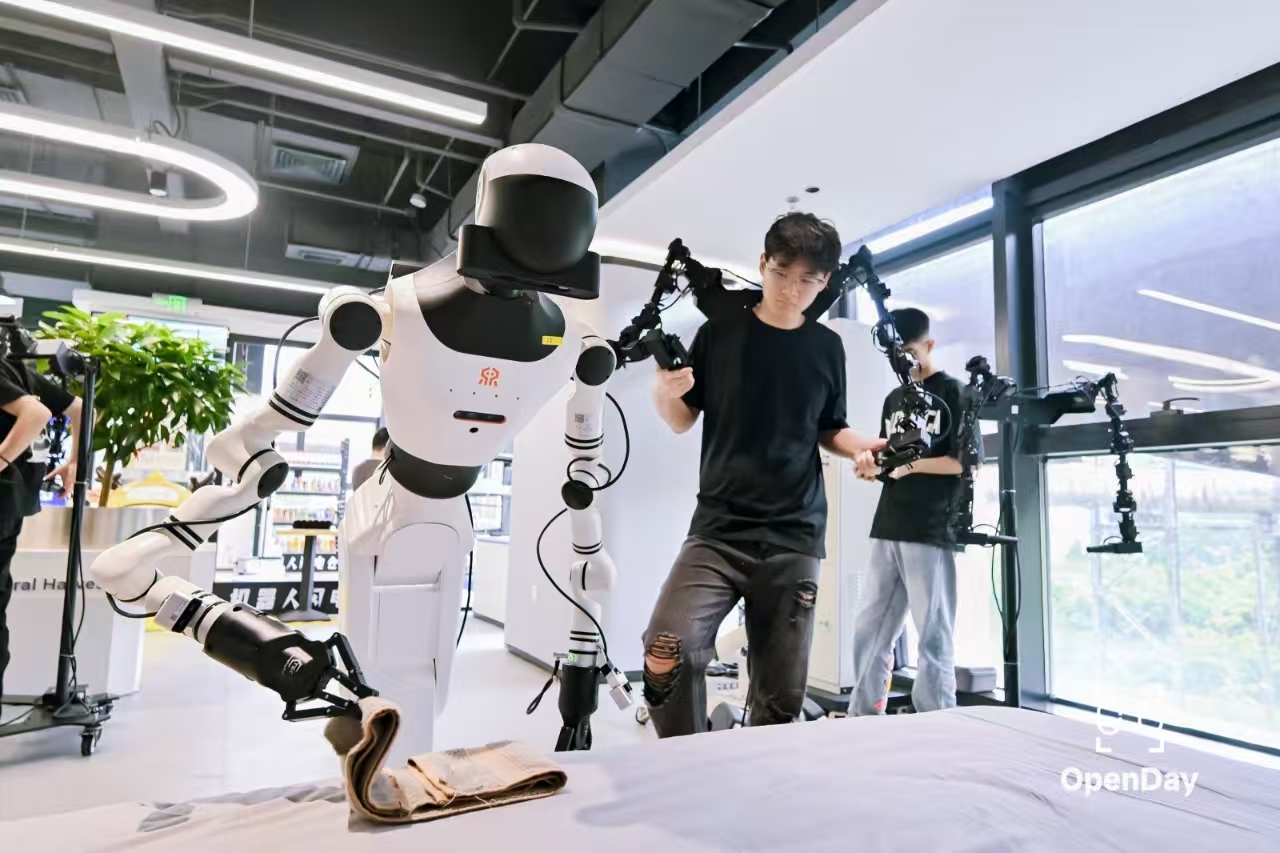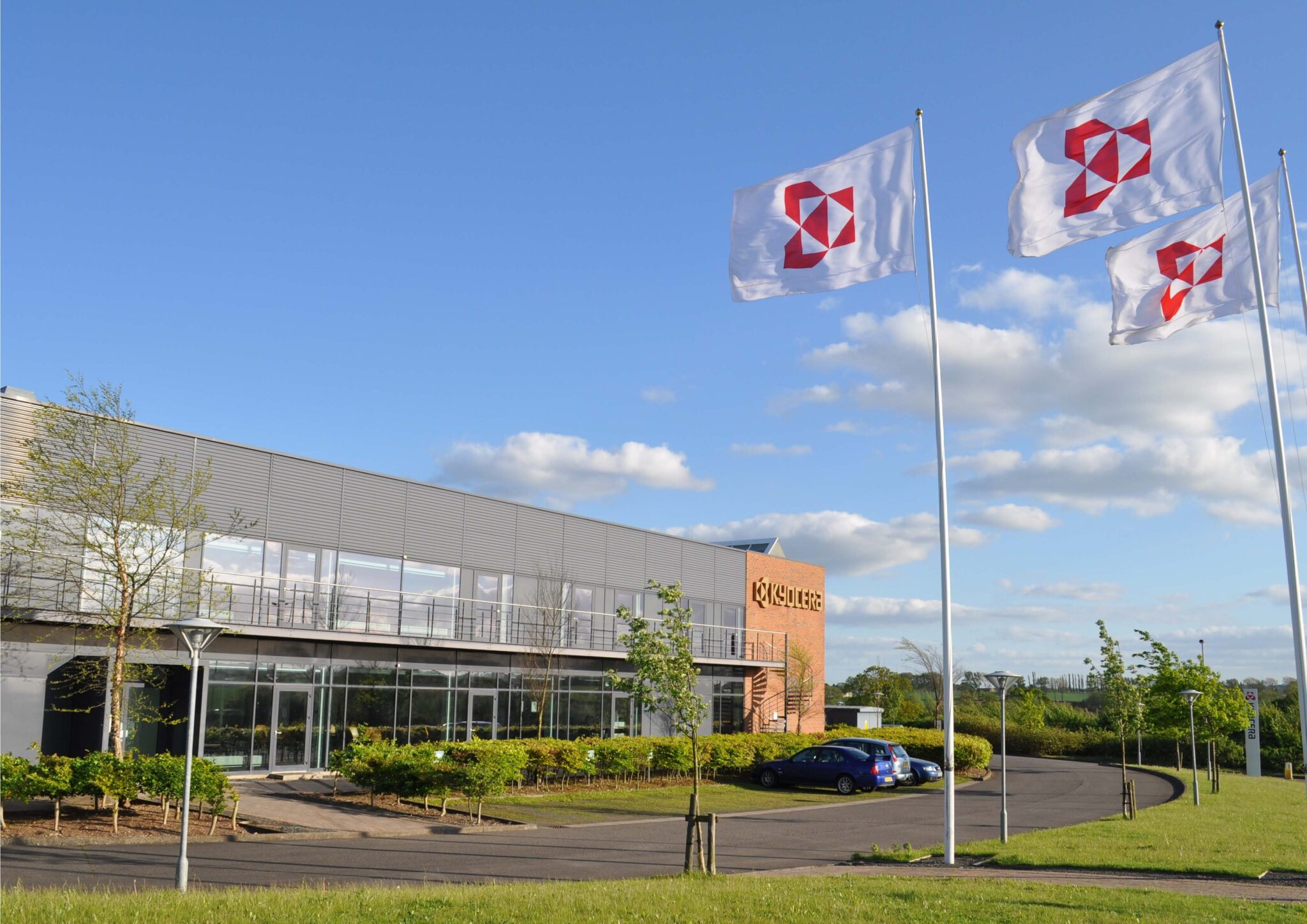Investment meets demand from renewable energy sector
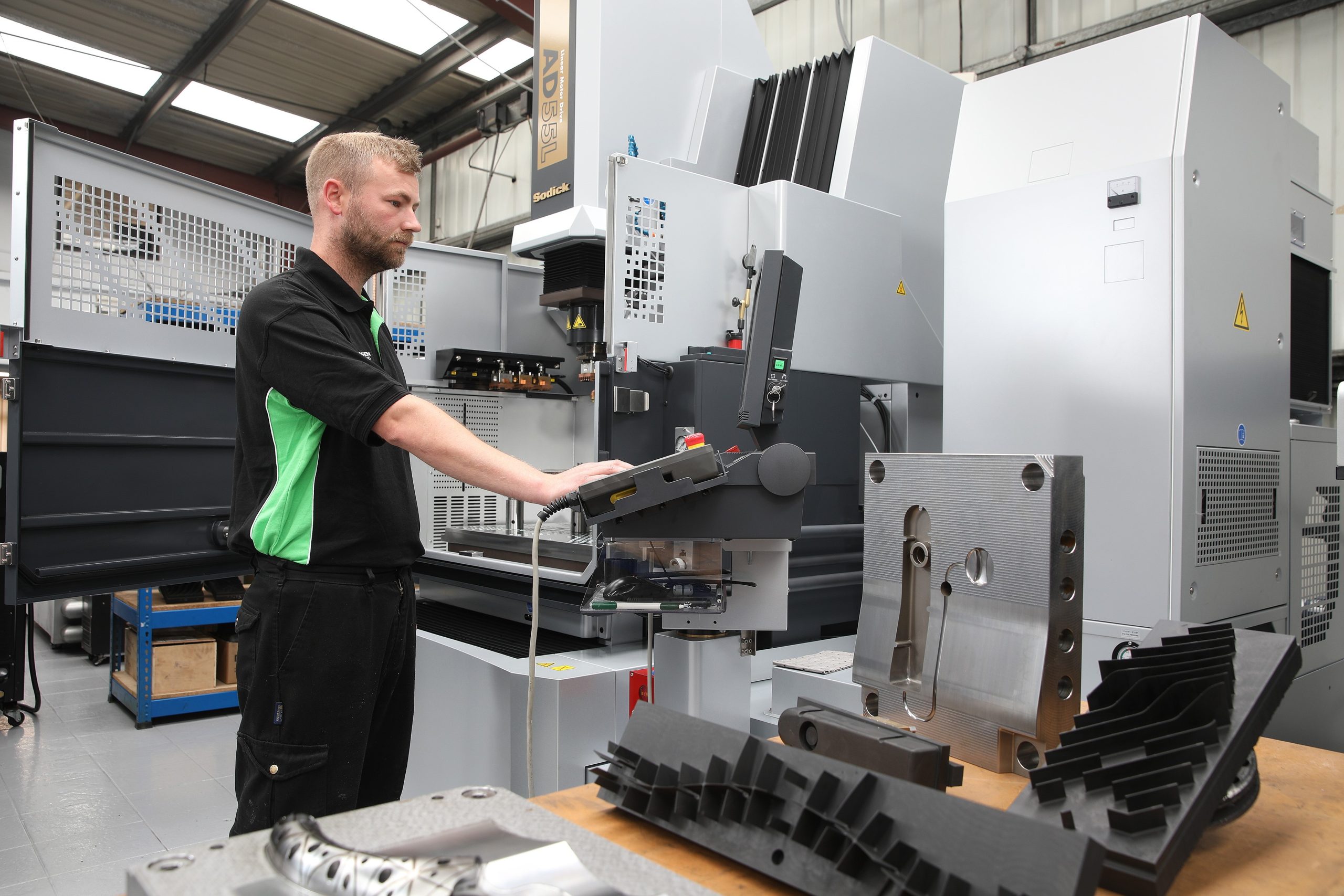
A market leader in toolmaking, injection moulding and presswork has invested in its second new Sodick die-sink EDM in the past two years, this time to help fulfil the requirements of a customer in the renewable energy sector. Belfast-based Crossen Engineering has already used its new Sodick AD55L spark erosion machine from Sodi-Tech EDM to make the mould set for an inlet manifold that helps produce solar thermal panels from a proprietary polymer material.
With history that dates back 44 years, Crossen Engineering provides its customers with a single-source solution that embraces everything from part design and prototyping, to production components. In recent years, the company has been busy diversifying into new markets. For instance, in December 2020, a new Sodick AD35L arrived that helped to accelerate growth in the medical market for this ISO9001-accredited company. With the prospect of securing work for another new industry – renewable energy – the company turned again to Sodi-Tech EDM.
“As well as the Sodick AD35L die-sink EDM we bought in December 2020, we had another older Sodick spark eroder on site, a Mold Maker model, which we retained as our back-up machine if we received an influx of sparking work,” explains Business Development Manager Peter Crossen. “We took the decision to replace that machine with a Sodick AD55L and its far newer technology. The machine will not be a back-up, but will run alongside the AD35L to provide a permanent capacity boost.”
While the company’s existing AD35L has travel of 350 x 250 x 270 mm in the X, Y and Z axis respectively, as well as a 600 x 400 mm table, the new AD55L takes the travel range to 600 x 400 x 400 mm, while the (ceramic) table measures 750 x 550 mm.
“The bigger bed allows us to take advantage of two-vice set-ups, while the machine also has more tool-changing capabilities, so we have more options for the set-up of tools or electrodes,” says Mr Crossen. “We bought the AD35L at the end of 2020 to meet demand for medical mould/press tools, which continues to this day. Word has got out regarding this machine and we are now quoting for more medical projects. However, it was a contract for the renewable energy sector that prompted our investment in the AD55L.”
This work involved the manufacture of a mould tool for a manifold inlet that is part of solar thermal panels made from a proprietary polymer material which represents a real advance for the renewable energy sector. Suitable for all types of property – residential, commercial and industrial – the panels claim to lower cost, enhance durability and reduce carbon footprint more than other products on the market. As well as using the Sodick AD55L to make the mould tool set for the manifold inlet, Crossen Engineering also manufactures the parts on site using its repertoire of injection moulding machines, which extend from 30T to 800T in capacity (for parts from 1g to 4.5kg in weight).
“There were specific elements of the manifold inlet mould that needed the larger table, which is why we selected that particular Sodick model in the first place,” says Mr Crossen. “Moving forward we anticipate to continue producing the manifold inlet mouldings, and to get involved with further projects for this client that will undoubtedly require our new AD55L.”
He adds that the company did not even consider going anywhere else than Sodi-Tech EDM for its new machine.
“It was always going to be another Sodick, because of all the benefits that these machines bring,” he states. “We also have a Sodick wire EDM on site, so familiarity with the brand is advantageous across our tool-room staff. They can hop between the two die-sink machines, and the wire EDM, with no problem. Furthermore, from a support perspective, Sodi-Tech EDM has been great with us from the outset. The AD55L arrived at the end of March 2022 and we were up and running the same week.”
Although Crossen Engineering uses its Sodick machines predominantly for mould tools, the company also leverages the advanced technology to produce press tools for its range of presses, which offer capacity up to 800T. This activity is growing for sectors such as material handling and construction which, in turn, is driving up turnover. However, the business climate remains challenging.
“With prices rising fast for electricity and raw materials, our investment in modern, energy-efficient machine tools is critical to offsetting some of these costs,” says Mr Crossen. “The new Sodick machines are phenomenal in terms of speed, multi tool-changer set-ups, accuracy and energy efficiency. We are dead set on investing in machines like this across our business, from tooling manufacture to production.”
The company has a robust flow of work lined up for the months ahead, where ongoing diversification into new sectors will continue as a core business strategy. Renewable energy is latest success story to emerge from this approach, not just regarding the solar thermal panel project, but in the electric vehicle market, where Crossen Engineering is currently exploring the opportunities for pressings.

